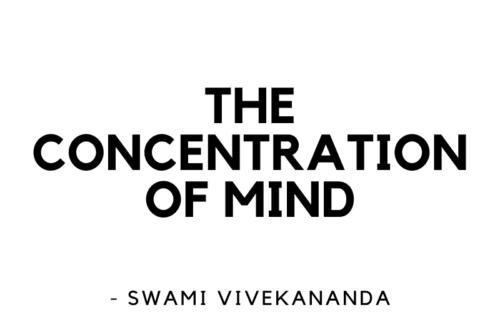
You don’t deserve what you want
Stoicism, an ancient Greek philosophy, is gaining renewed attention in modern times for its emphasis on personal development, resilience, and inner peace. At the heart of Stoicism is the idea of focusing on what is within our control, and accepting what is outside of it. This includes our desires, which the Stoics believed should be aligned with what is within our control, such as our own thoughts, attitudes, and actions. In this context, the statement “you don’t deserve what you want” reflects the Stoic philosophy of cultivating inner virtues such as wisdom, courage, justice, and self-control, rather than fixating on external circumstances that are beyond our influence. This article will explore the Stoic philosophy behind this statement and how it can help us cultivate a more fulfilling and resilient life.
Stoicism is an ancient Greek philosophy that has gained popularity in recent years due to its emphasis on personal development, inner peace, and resilience. One of the key principles of Stoicism is the concept of focusing on what is within our control and accepting what is outside of it.
In the context of desires, the Stoics believed that our desires should be aligned with what is within our control. This means that we should focus on developing virtues such as wisdom, courage, justice, and self-control, rather than fixating on external circumstances that are beyond our influence.
The Stoic philosopher Epictetus said, “Make the best use of what is in your power, and take the rest as it happens.” This statement captures the Stoic attitude towards desires and external circumstances. According to the Stoics, we cannot control the events and circumstances of our lives, but we can control how we respond to them.
This is where the statement “you don’t deserve what you want” comes in. The Stoics believed that if we desire something that is outside of our control, we may be setting ourselves up for disappointment and frustration. For example, if we desire wealth, fame, or material possessions, we are placing our happiness and well-being in the hands of external factors that we cannot control.
Instead, the Stoics advocated for cultivating virtues such as wisdom, courage, justice, and self-control. By developing these qualities, we can cultivate inner peace and contentment, even in the face of adversity. The Stoics believed that true happiness and fulfillment come from living a virtuous life, rather than from external circumstances or possessions.
The Stoic philosopher Seneca wrote, “It is not that we have a short time to live, but that we waste a lot of it. Life is long enough, and a sufficiently generous amount has been given to us for the highest achievements if it were all well invested.”
This quote encapsulates the Stoic attitude towards life and time. The Stoics believed that we should use our time wisely and focus on what is truly important, rather than being distracted by fleeting desires and external circumstances. By living a virtuous life and focusing on what is within our control, we can make the most of our time and achieve our highest potential.
In conclusion, the statement “You don’t deserve what you want” reflects the Stoic philosophy of focusing on what is within our control and cultivating inner virtues such as wisdom, courage, justice, and self-control. By aligning our desires with what is within our control, we can cultivate inner peace and contentment, even in the face of adversity. The Stoics believed that true happiness and fulfillment come from living a virtuous life, rather than from external circumstances or possessions.
Also read: The Less You Seek, The More You’ll Find




